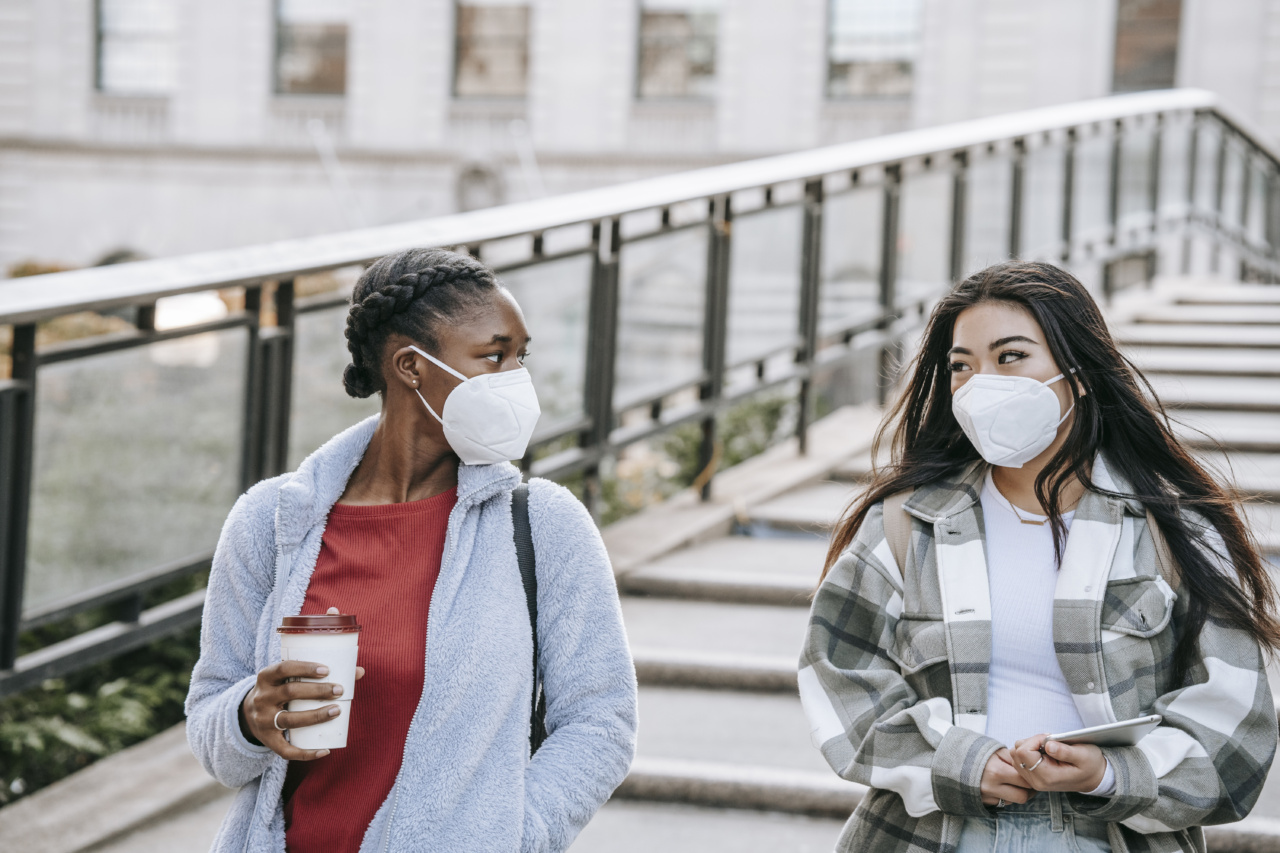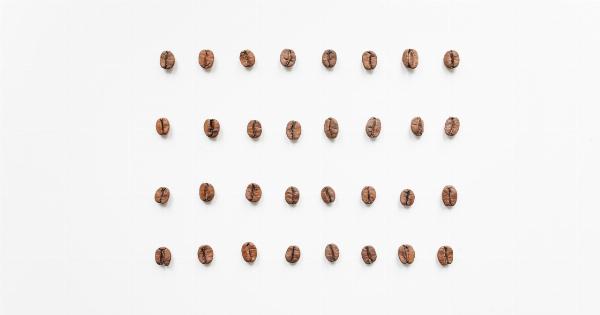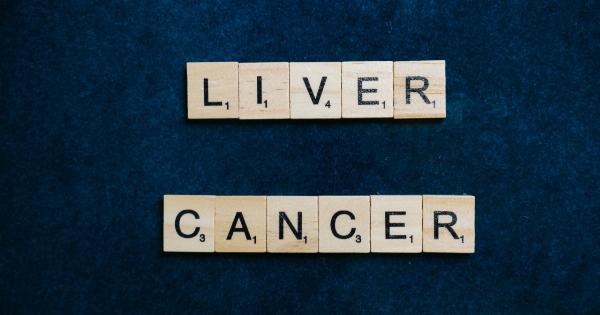Coffee is one of the most popular beverages worldwide, enjoyed by millions of people every day. Apart from its rich taste and aroma, coffee has also been subject to numerous studies investigating its potential health benefits.
One area that has garnered significant attention is the impact of coffee consumption on liver health, specifically its potential role in preventing liver cancer.
The link between coffee and liver cancer
Liver cancer, also known as hepatocellular carcinoma, is a type of cancer that starts in the liver cells.
It is a serious condition that can be caused by various factors, including chronic infections such as hepatitis B and C, excessive alcohol consumption, obesity, and exposure to certain chemicals. The incidence of liver cancer has been rising steadily in recent years, making it a pressing public health concern.
Several scientific studies have investigated the potential protective effects of coffee against liver cancer.
The results have been largely positive, suggesting that regular coffee consumption may indeed decrease the risk of developing this deadly form of cancer.
Study findings on coffee and liver cancer
A meta-analysis published in the journal Gastroenterology in 2017 analyzed data from 26 studies involving more than 2.25 million participants.
The study found that individuals who consumed more coffee had a lower risk of liver cancer compared to those who consumed less or no coffee. Moreover, the risk reduction was dose-dependent, which means that higher coffee consumption was associated with a greater reduction in liver cancer risk.
Another study published in the European Journal of Cancer Prevention in 2018 examined the association between coffee consumption and liver cancer in individuals with and without liver disease.
The results showed a significant inverse association between coffee consumption and liver cancer risk, especially among individuals with liver disease.
Furthermore, a systematic review and meta-analysis published in the journal BMJ Open in 2017 concluded that increased coffee consumption was associated with a reduced risk of liver cancer across various populations.
The study also indicated that the potential beneficial effects of coffee on liver cancer risk were more pronounced in Asian populations.
Potential mechanisms behind the protective effects
The exact mechanisms through which coffee may protect against liver cancer are still not fully understood. However, researchers have proposed several possible explanations based on the observed effects of coffee on liver health.
Firstly, coffee is rich in antioxidants, which help eliminate harmful free radicals from the body. Free radicals can cause damage to DNA and other cellular components, potentially leading to the development of cancer.
The antioxidants in coffee may counteract these damaging effects and protect against the initiation and progression of liver cancer.
Secondly, coffee consumption has been associated with a reduced risk of liver cirrhosis, a condition characterized by the replacement of healthy liver tissue with scar tissue.
Liver cirrhosis is a significant risk factor for the development of liver cancer, and the potential protective effect of coffee against this condition may contribute to its overall impact on liver cancer risk reduction.
Moreover, coffee has been shown to modulate several enzymes involved in liver detoxification processes. These enzymes play a crucial role in metabolizing various carcinogens and toxins, thereby potentially reducing the risk of liver cancer development.
Coffee may also have anti-inflammatory effects on the liver, which could further contribute to its protective role.
Considerations and limitations
While the studies suggest a potential link between coffee consumption and a reduced risk of liver cancer, it is important to interpret the findings with caution.
The majority of the research conducted so far has relied on observational studies, which cannot establish a cause-and-effect relationship. Other factors, such as a healthy lifestyle and dietary habits, may confound the observed associations.
It is important to note that excessive coffee consumption may have adverse effects on health, such as increased heart rate, gastrointestinal disturbances, and sleep disturbances, among others.
Additionally, the effects of additives, such as sugar and cream, commonly added to coffee, should be taken into consideration. Opting for black coffee or using healthier alternatives can maximize the potential health benefits.
Conclusion
Although more research is needed to establish a definitive causal relationship, the existing evidence suggests that regular coffee consumption may be associated with a reduced risk of liver cancer.
The potential protective effects of coffee may be attributed to its antioxidant properties, the reduction in liver cirrhosis risk, and modulation of liver enzymes involved in detoxification processes.
As with any dietary factor, moderation is key, and individuals should consult with their healthcare providers to determine their individual needs and potential risks associated with coffee consumption.
Ultimately, a balanced and varied diet, along with a healthy lifestyle, remains crucial in reducing the risk of liver cancer and other chronic diseases.





























